Among those who manage top sides in Dota, Charlie Yang has become a commodity. His behind the scenes talent has helped both Dignitas and, more recently, Evil Geniuses, find stability and excellence in a scene where both are hard to come by.
Late last month, however, the Dota scene was rocked with what’s been called the “Great Western Roster Shuffle,” as top players shifted places among the best teams in the region. This included two of Evil Geniuses stalwarts, Artour “Arteezy” Babaev and Ludwig “Zai” Wahlberg.
With two of the team’s longest-running and most important members out, Yang is now forced to tap his network and muster together the talents that have led him to the top of the management game. I spoke with Yang about the challenges of working as an esports manager, jumping from law school to esports, and creating an environment of excellence for his players.
Esports managers are a position that has never really existed in conventional sports so my first question is simply, what do you do?
My job ranges from very mundane things like, if they’re at a LAN, I’ll get water if they need it, to more interesting and intricate things like contract disputes, contract negotiations, or some things I can’t get too much into detail with on the record. (laughs)
When you put it that way, a true outsider would wonder what’s so special about you. Yet, you’ve found success at multiple organizations. Why is that?
I think it’s a combination of a whole bunch of things ranging from dumb luck to persistence to my personal relationship with a lot of these players. It’s hard to boil it all down to a list or anything like that and it’s easier to frame it in a story.
In a way, my esports career started back when I was playing [the original] Dota. I knew a lot of the professional players now back when Dota was basically nothing and they were just pubbing around. So, I knew [Artour “Arteezy” Babaev] when he was 11 or 12 years old.
He hasn’t grown up much since then, has he?
(laughs) Here and there. In some ways he has, a lot.
I knew [Kurtis “Aui 2000” Ling] back then. I knew [Andrew “TidesOfTime” Biessener], just a lot of these older players from way back when. So eventually I decided to go to law school and during that time Aui asked me to be his manager. I said yes and a lot of the things I picked up in law school translated to my managing style or how I approach the job.
I guess I decided before Aui asked me that I wanted to work in esports and that I was going to treat it as a real career despite it, at the time, not paying like a real career. I think one of the things that annoys me the most about this industry is when people say, “I’m not paid a full-time salary, so I’m not going to do a full-time job.” Right now, that’s really a luxury. That’s not really a mindset people can afford to have.
And so, when Aui asked me to be his manager I took a lot of those lawyer habits/law school habits and translated them into my work. I learned that you have to be relentless in how you pursue your job. You have to do everything. At that time you don’t really have other support staff. You are the manager, it’s really just you. You don’t have a coach, you don’t have an agent, you don’t have someone who does travel, you are all of those things and you sort of have to embody all of those things so that the job gets done. You don’t have a set job description because this industry is so young.
So you do what you had to because it has to get done.
Right. And law school taught me that you could always be better, that if you fuck up, that’s on you, and it’s only on you. Nobody’s going to hold your hand to do anything, and everyone’s going to rely on you to do this. So if you want to make a position for yourself here and if you want to succeed you have to never stop moving and you have to always do what it takes to get the job done. It might seem very unfair and very taxing but it’s the path that I picked and it’s the path that people in general have had to pick.
I compare it to making it in the music business. You have to put in the arduous leg work to make something of yourself.
I agree. If you don’t take it upon yourself to be the best then you’re just going to be mediocre the entire time.
That certainly never seems to be a problem for your teams. Is that something you instill in them?
Every team has a different dynamic and my relationship with everyone has been different depending on who I work with. Not much changes about my management style as much as teams and my knowledge of the role has changed.
With Dignitas, it was much less comprehensive than my role within EG now. I had less resources and less responsibilities with Dignitas, so it was a little different. With EG, [Peter “PPD” Dager] takes a much larger leadership role in the team than [Peter “Waytosexy” Nguyen] ever did in terms of making decisions for us as a whole.
So you made the jump from law school to esports. What causes such a significant sea change?
Back in undergrad when I was playing Dota, I remember my roommate asking, “Charlie, if you could do anything in the world regardless of money, what would you do?” And, at that time—maybe I was delusional, who knows—I said I wanted to play Dota professionally if I could. At that time, I was maybe around the same skill level of maybe a little worse than Aui. I was an NA Dota pub star. (laughs)
But there really wasn’t a future in Dota at that time, so I decided to go to law school instead. Now, I don’t want anybody to have to make that choice again. I want to create a stable enough environment and scene where you don’t have to make that choice; where being a professional player is a valuable option. Where player salaries are high enough to convince your parents hey, this is real. That has been my primary motivation for doing this.
The defining moment was after my first year of law school when I was working at an NGO in Beijing. There are a lot of instances where the Chinese government will use things like eminent domain to disenfranchise the rural poor, so we did a lot of things with them. I had a lot of opportunities to go on to rural forms and you know, touch it, smell it. But the thing I remember most was sitting in my apartment and watching MLG Columbus.
It was their breakout year; StarCraft was still big, they had record-breaking attendance, people were going bat-shit crazy! (laughs) And I remember watching that and thinking, “I should be there right now.” So when I came back, I decided I wasn’t going to pursue the traditional legal route. I’m just going to dive into esports. So I came back, I put on a couple of iterations of the Toronto Dota LAN. From there I wrote for ESFI as a writer for a while, then Aui asked me to be his manager and that’s how I got started.
There seems to be a common thread of altruism or the ideal of a just world in your story. Really, the idea that hard work should be rewarded. Is that fair to say?
I think it’s less “hard work should benefit people” and more, “if you deserve it and if you have a combination of hard work and talent, you should get it.”
That’s a very idealistic approach.
I think a lot of people that know me would be kind of surprised to hear that description, just because I don’t come off as an idealist. (laughs) I think you should have a normative view of the world, the world as it should be. You can have a realistic view of the world, but you should always be working to make the world what it should be.
Correction: An earlier version stated that Charlie Yang worked on the Ottawa LAN. Mr. Yang worked instead on the Toronto LAN. It also incorrectly spelled Peter Dager’s last name as “Drager.” We regret these errors.



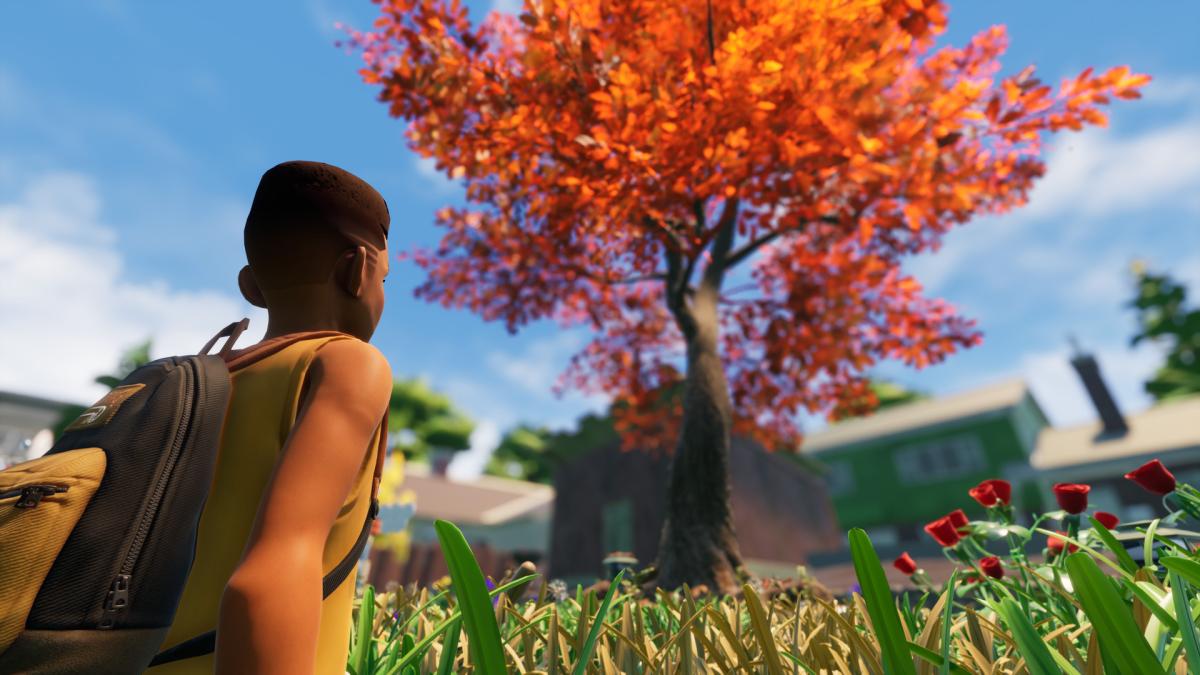
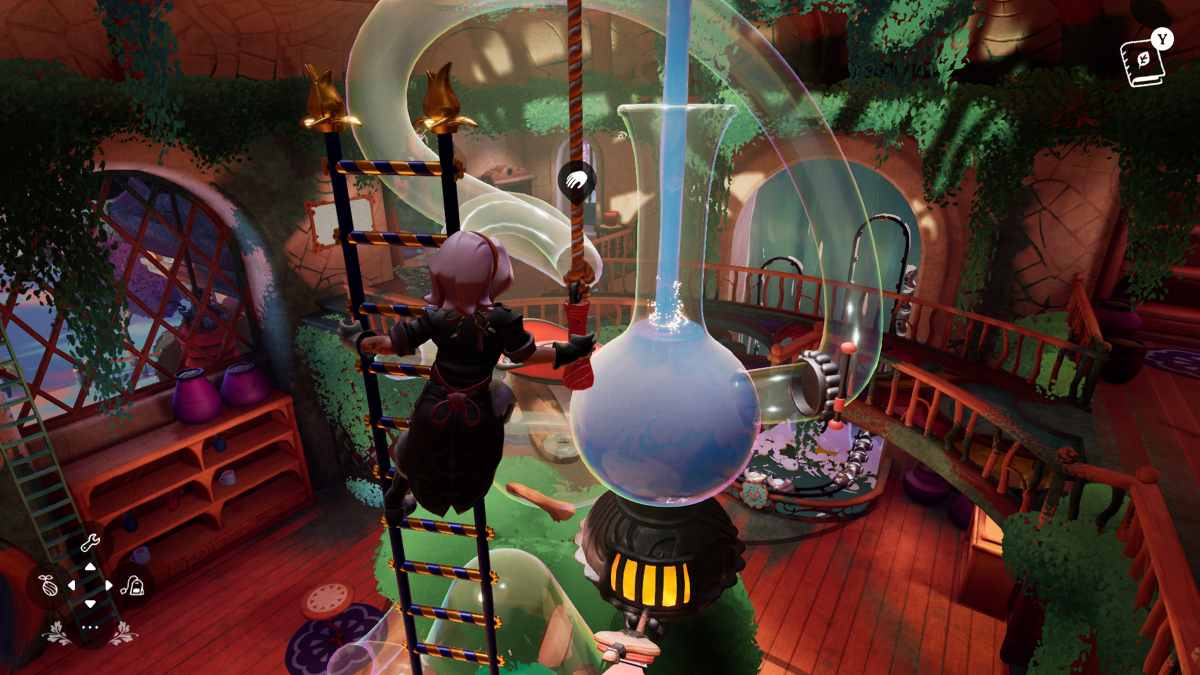
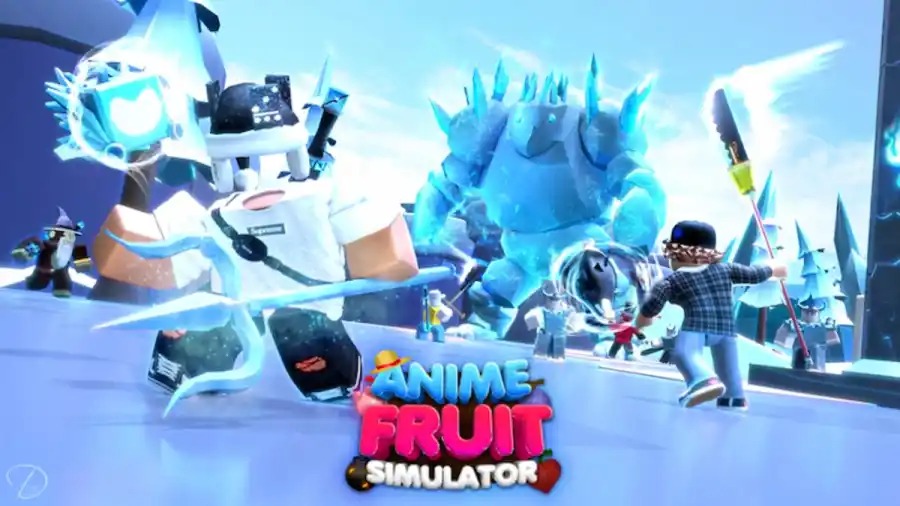
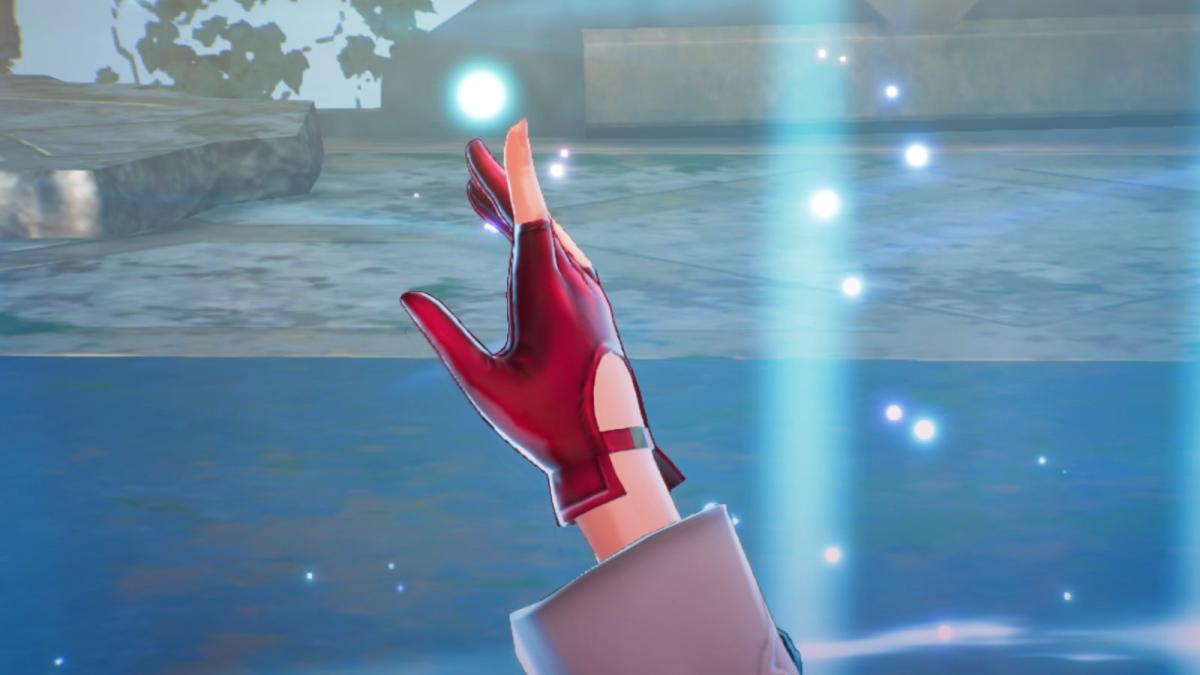
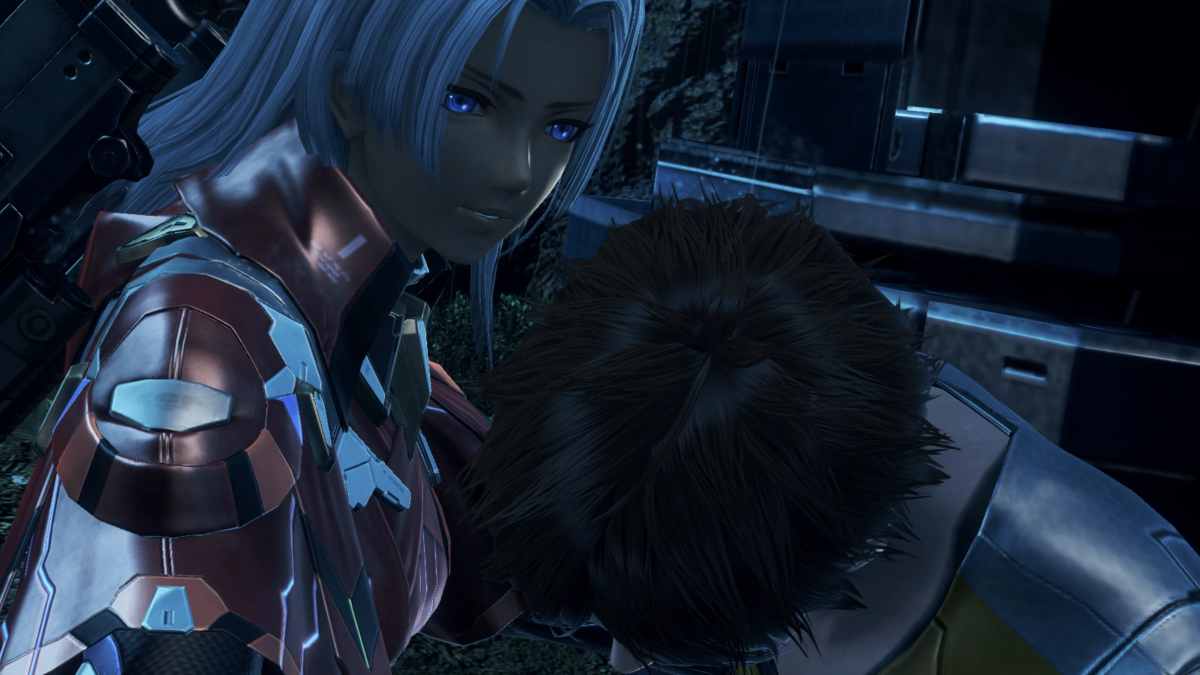
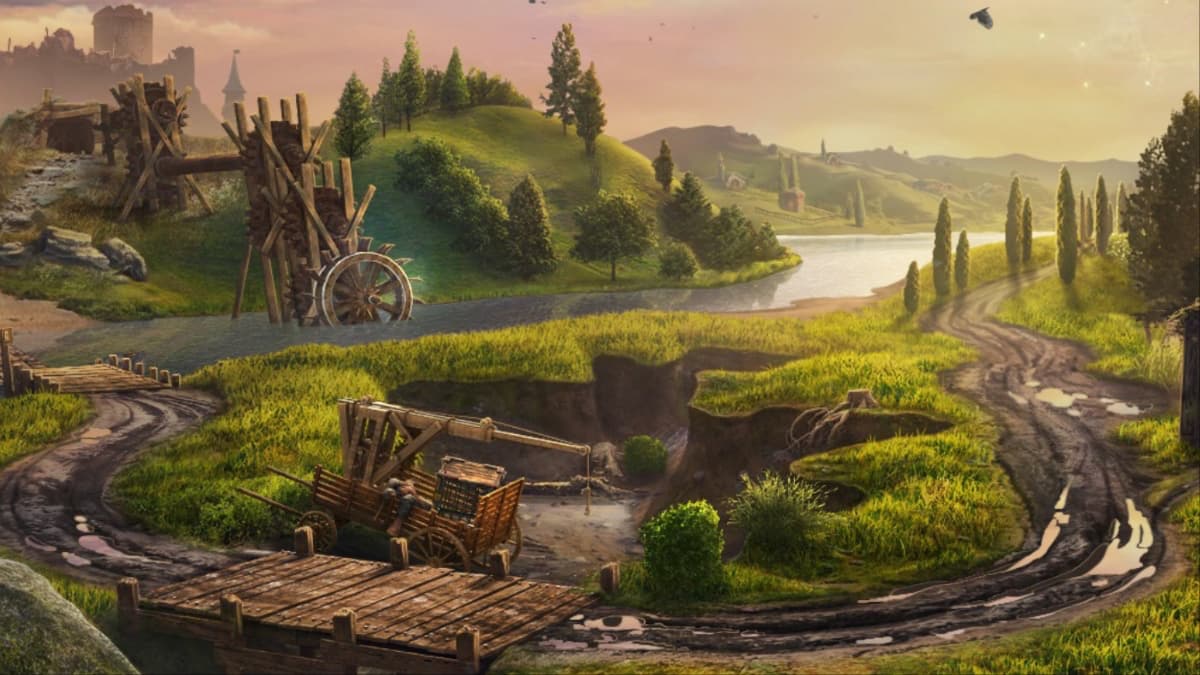
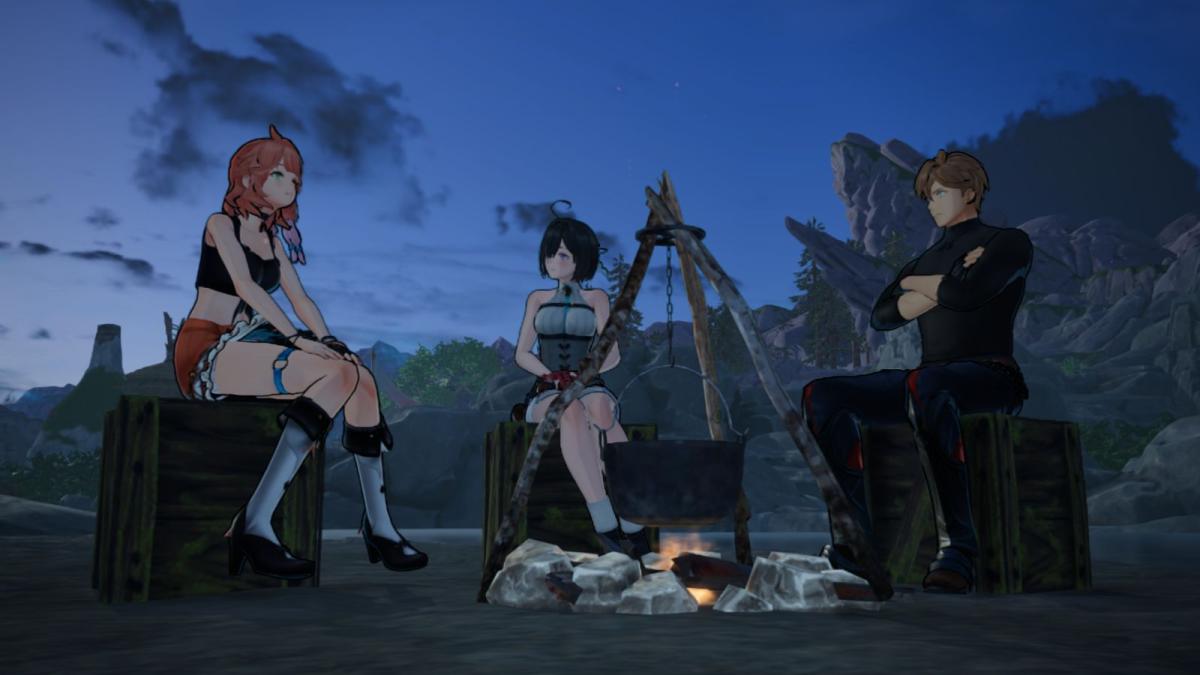
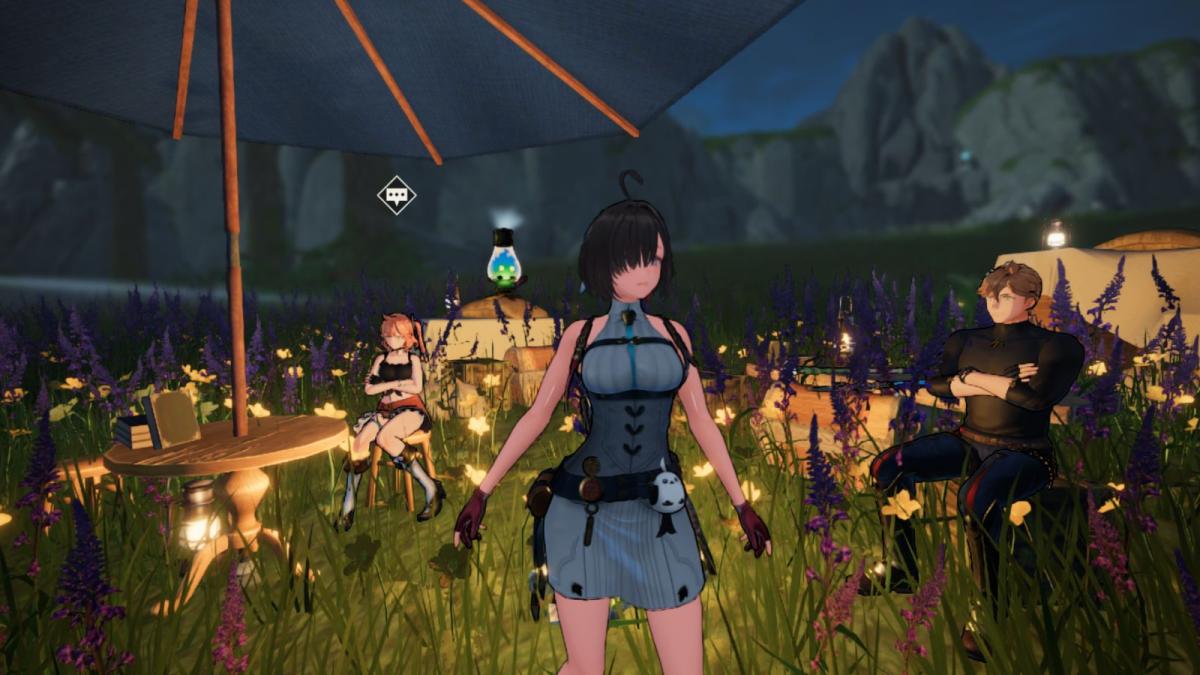
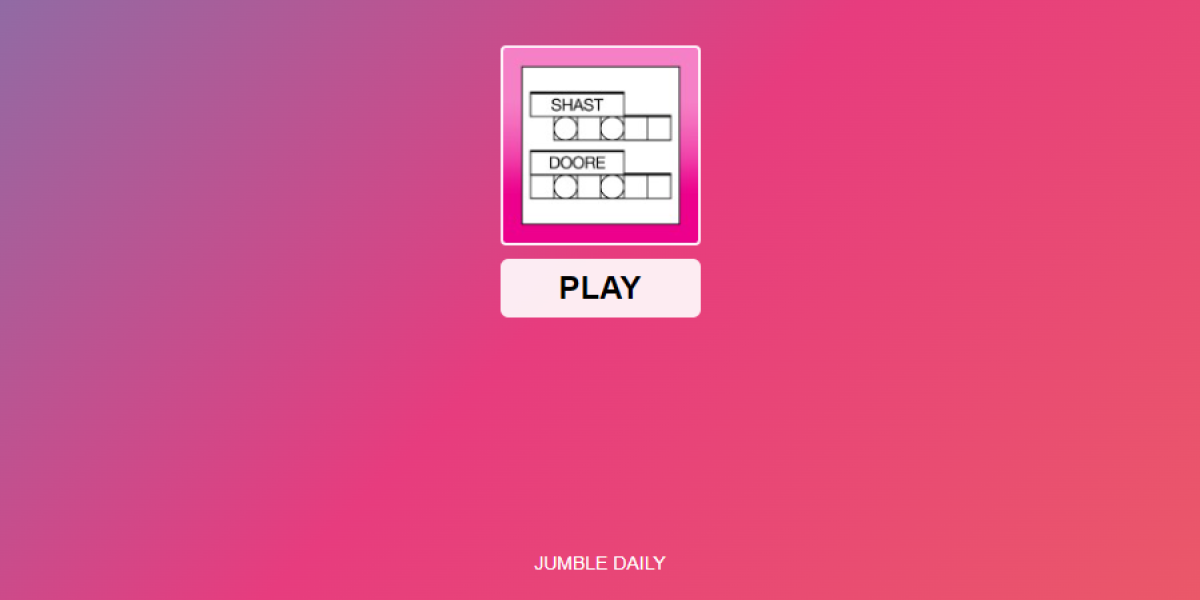
Published: Jan 15, 2015 03:40 pm